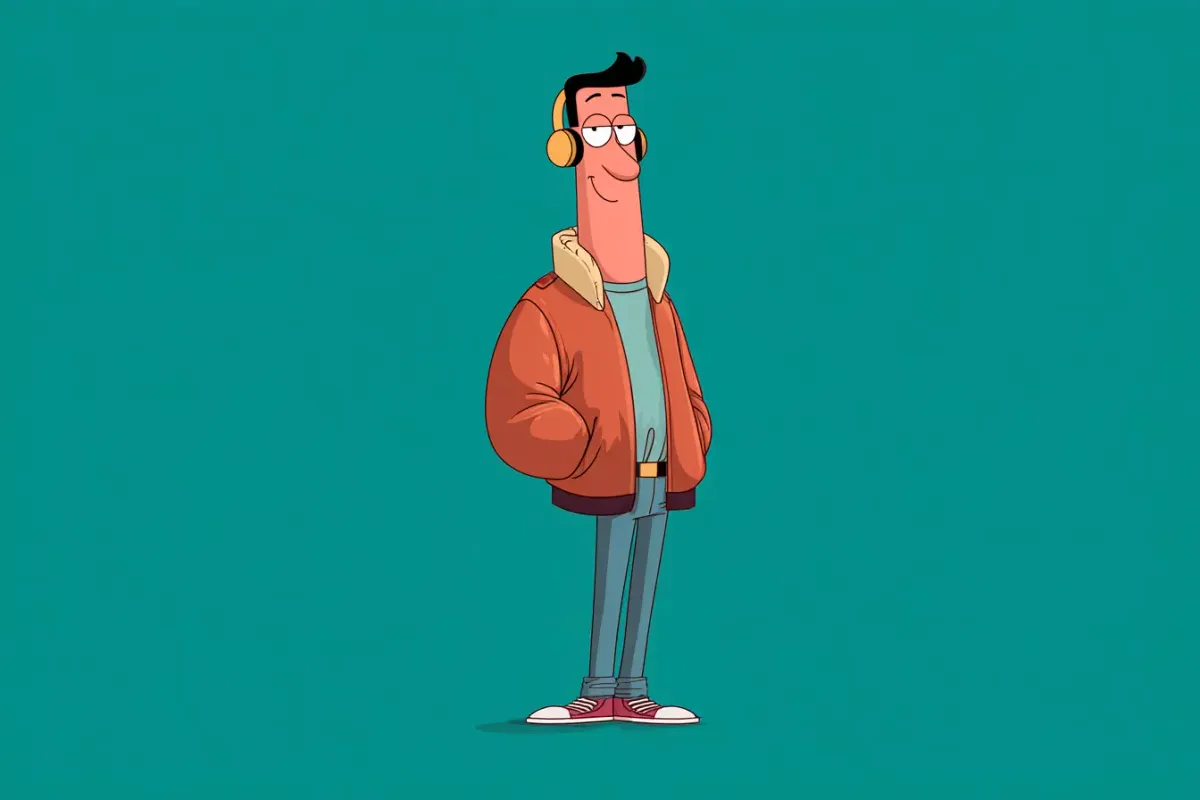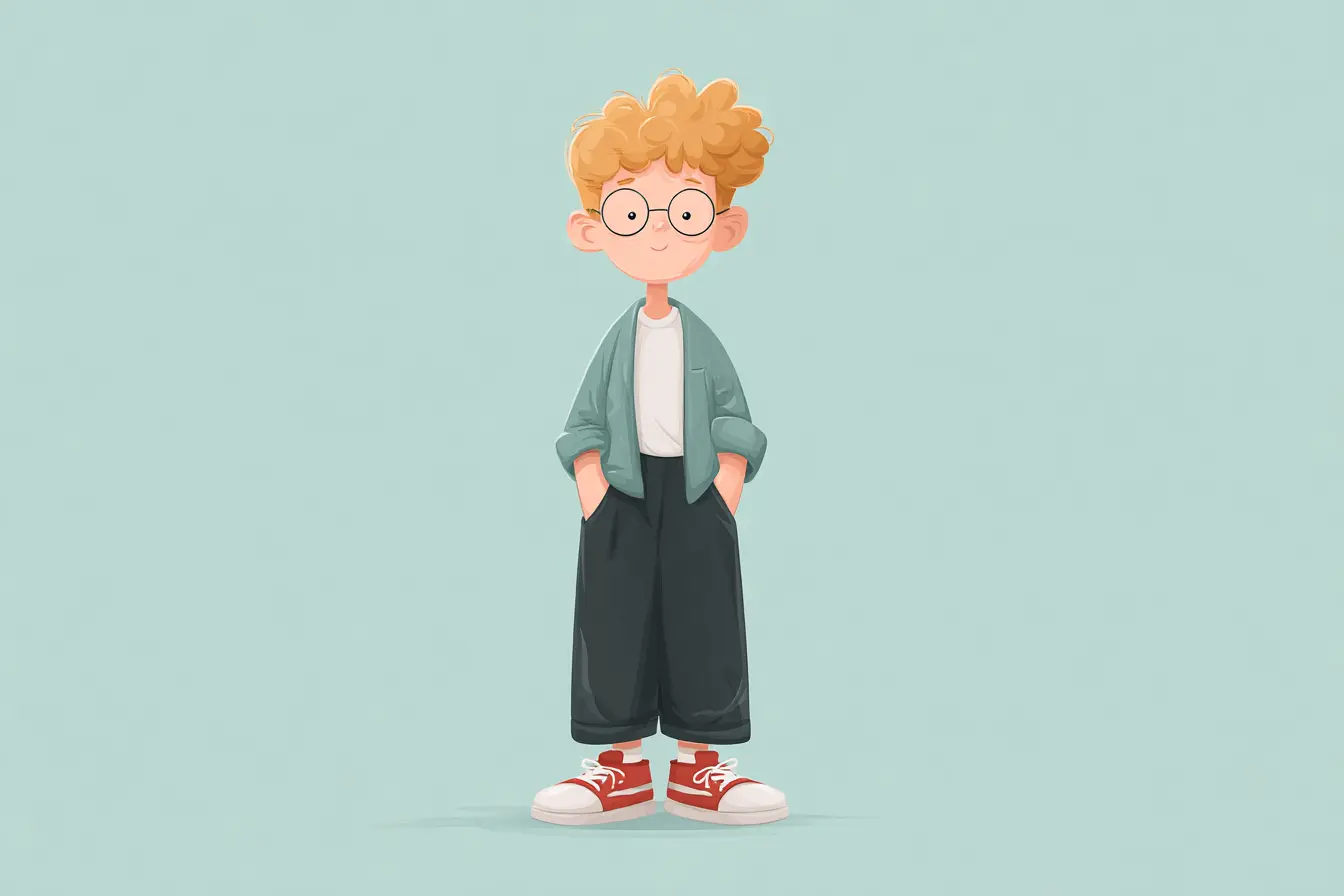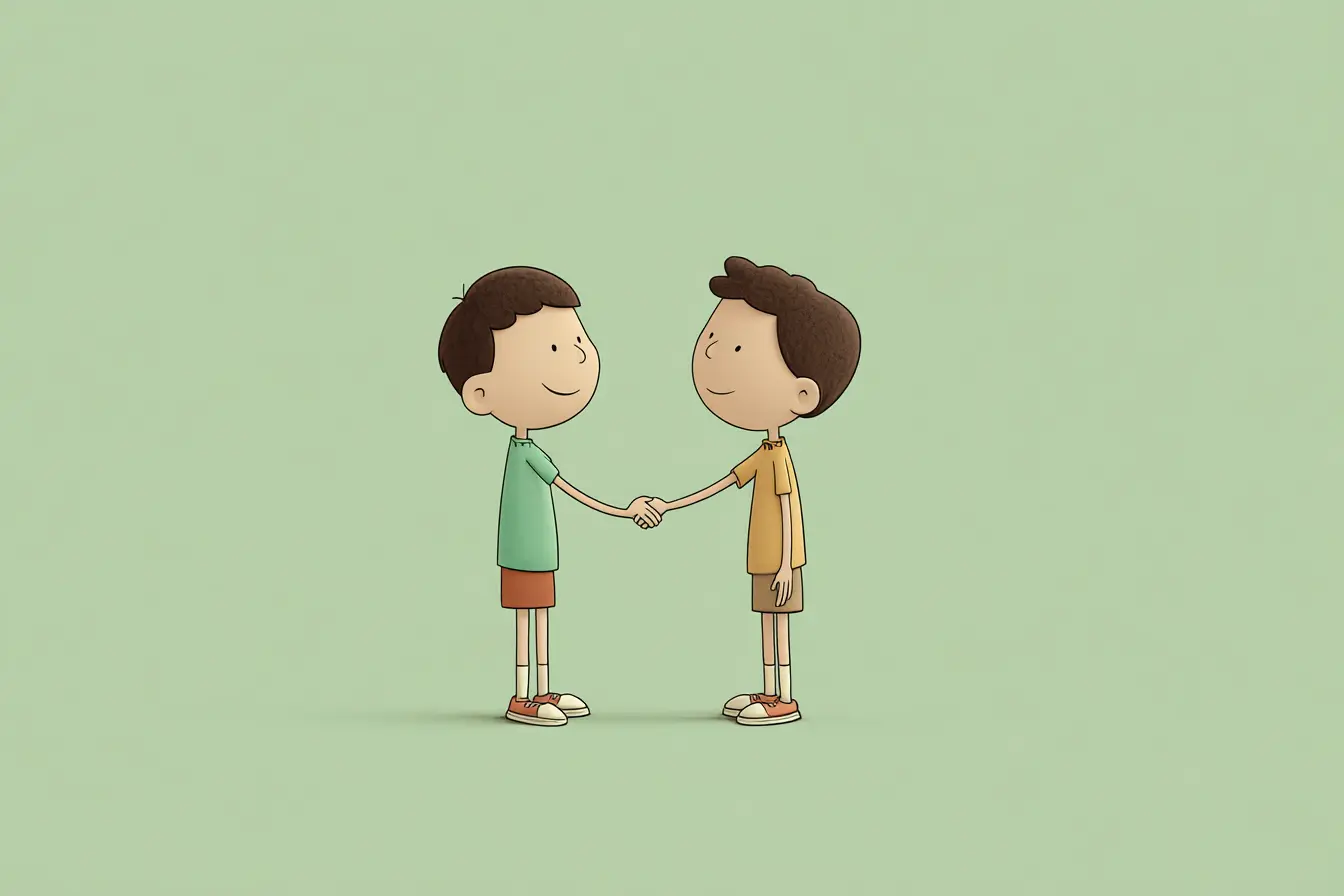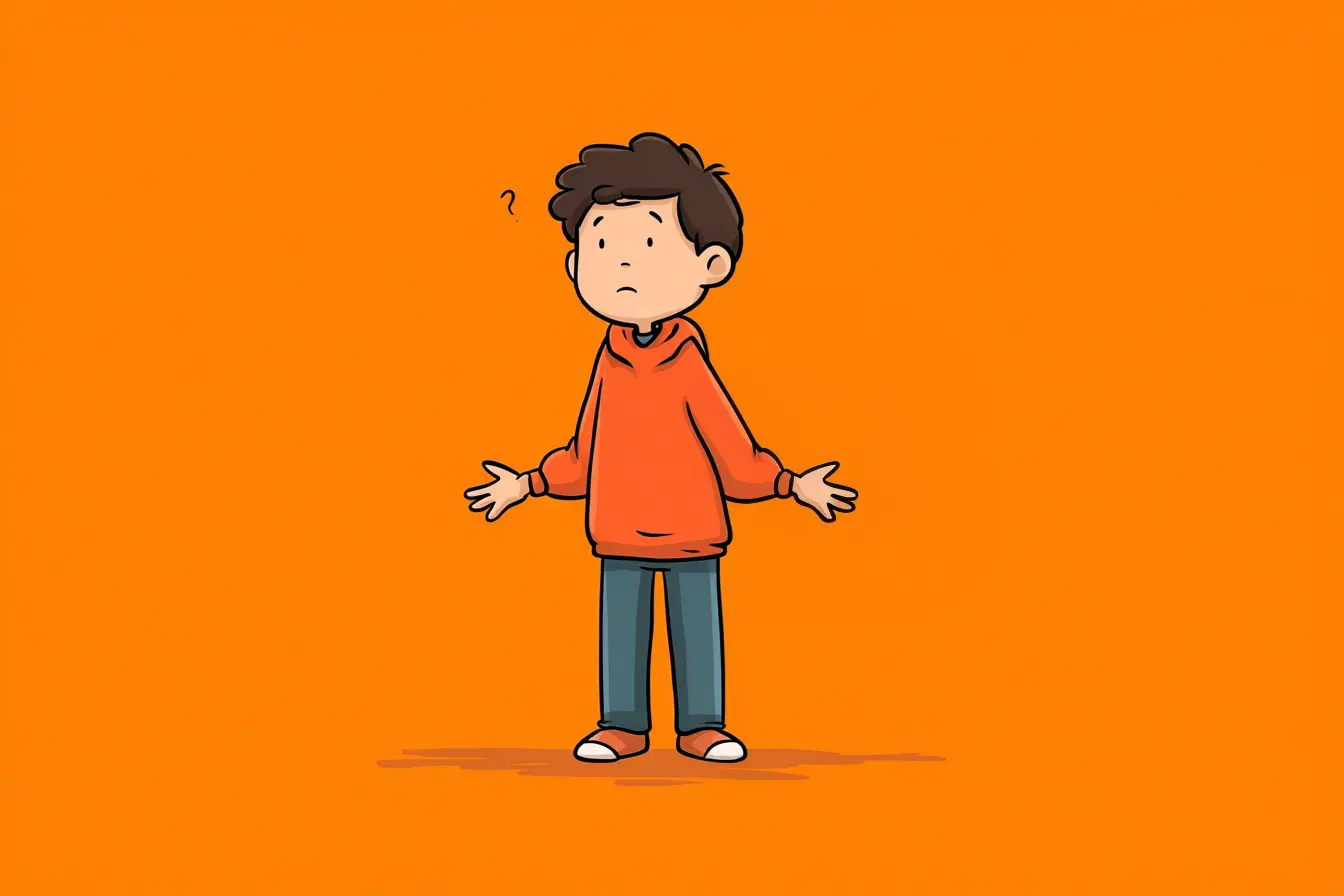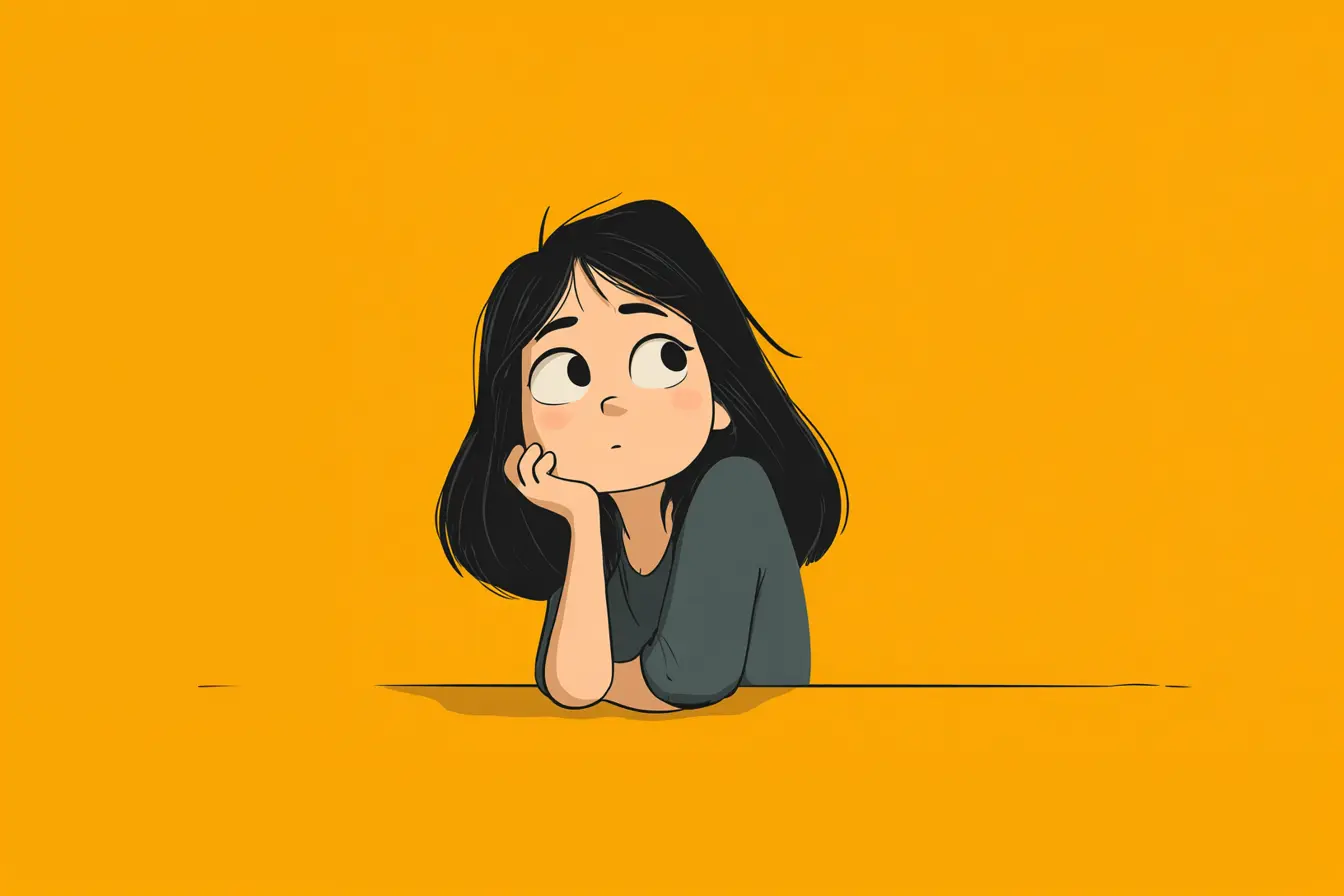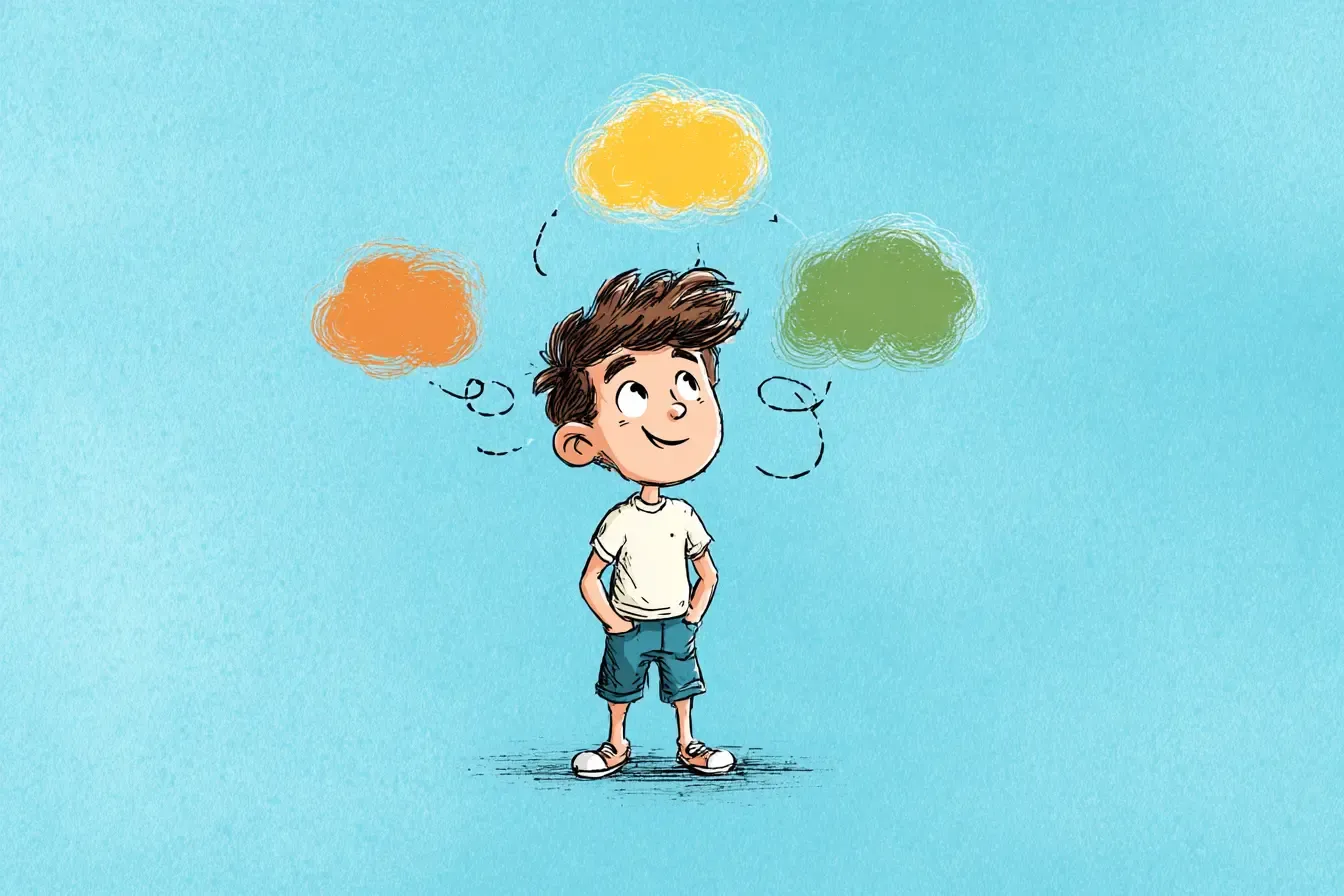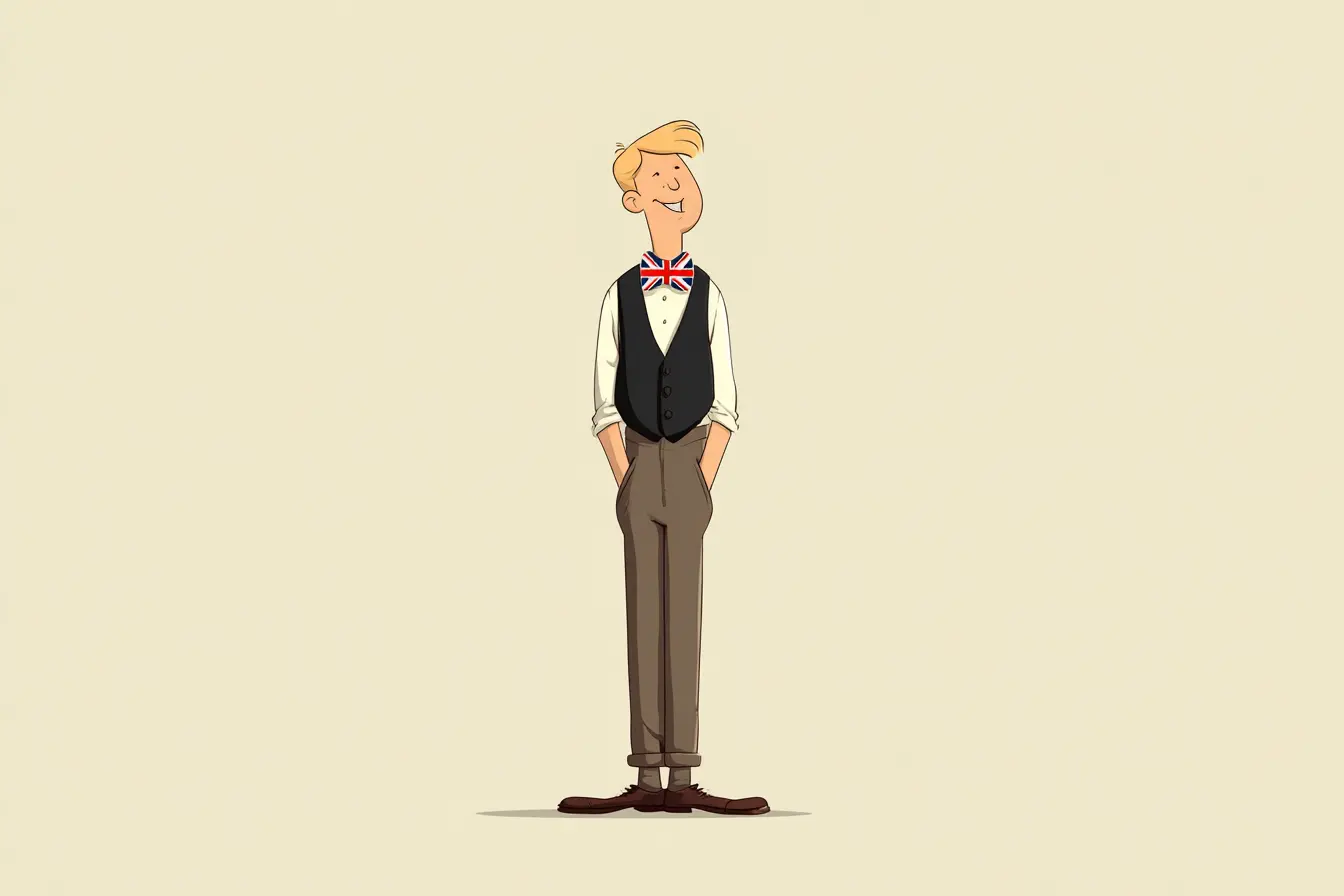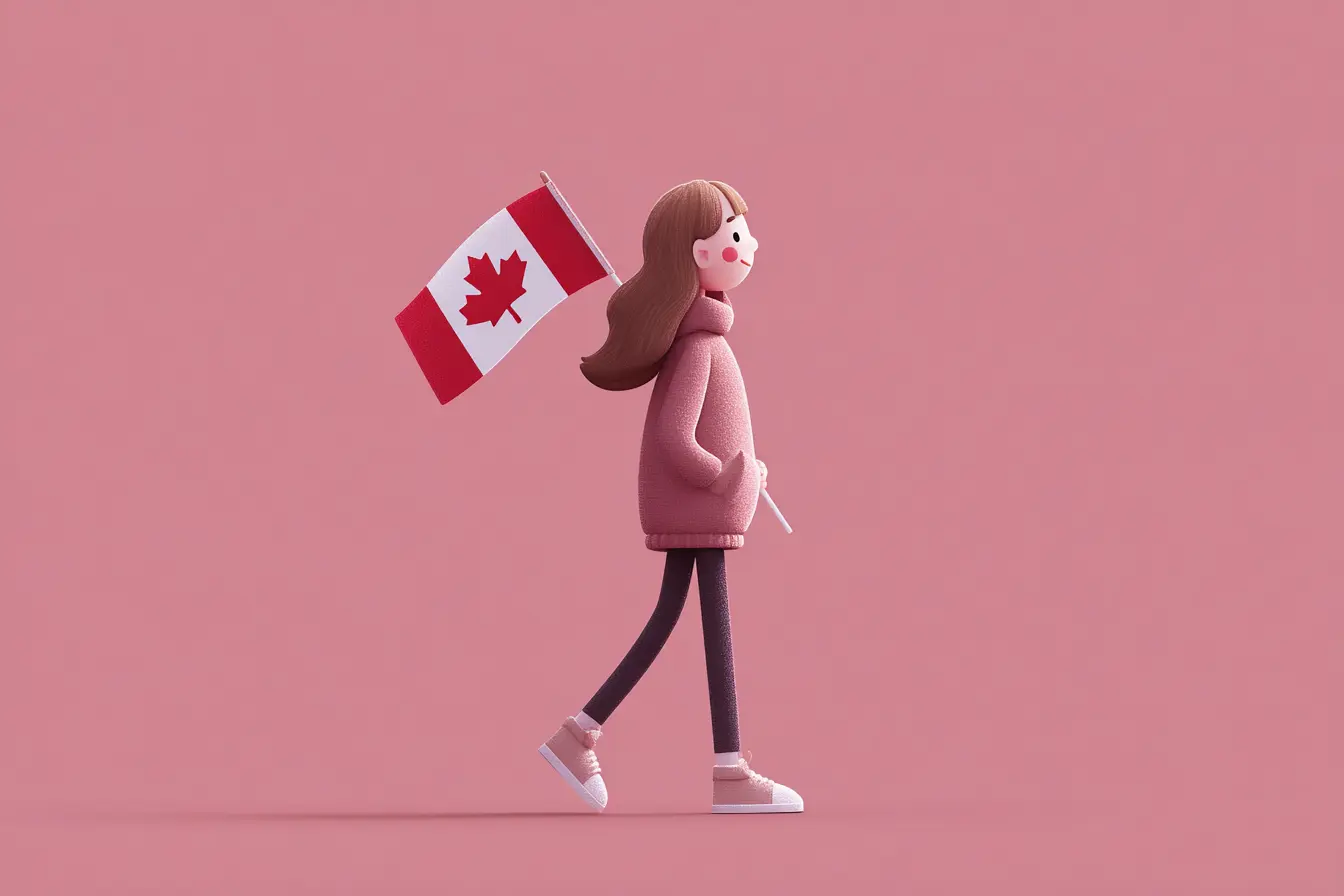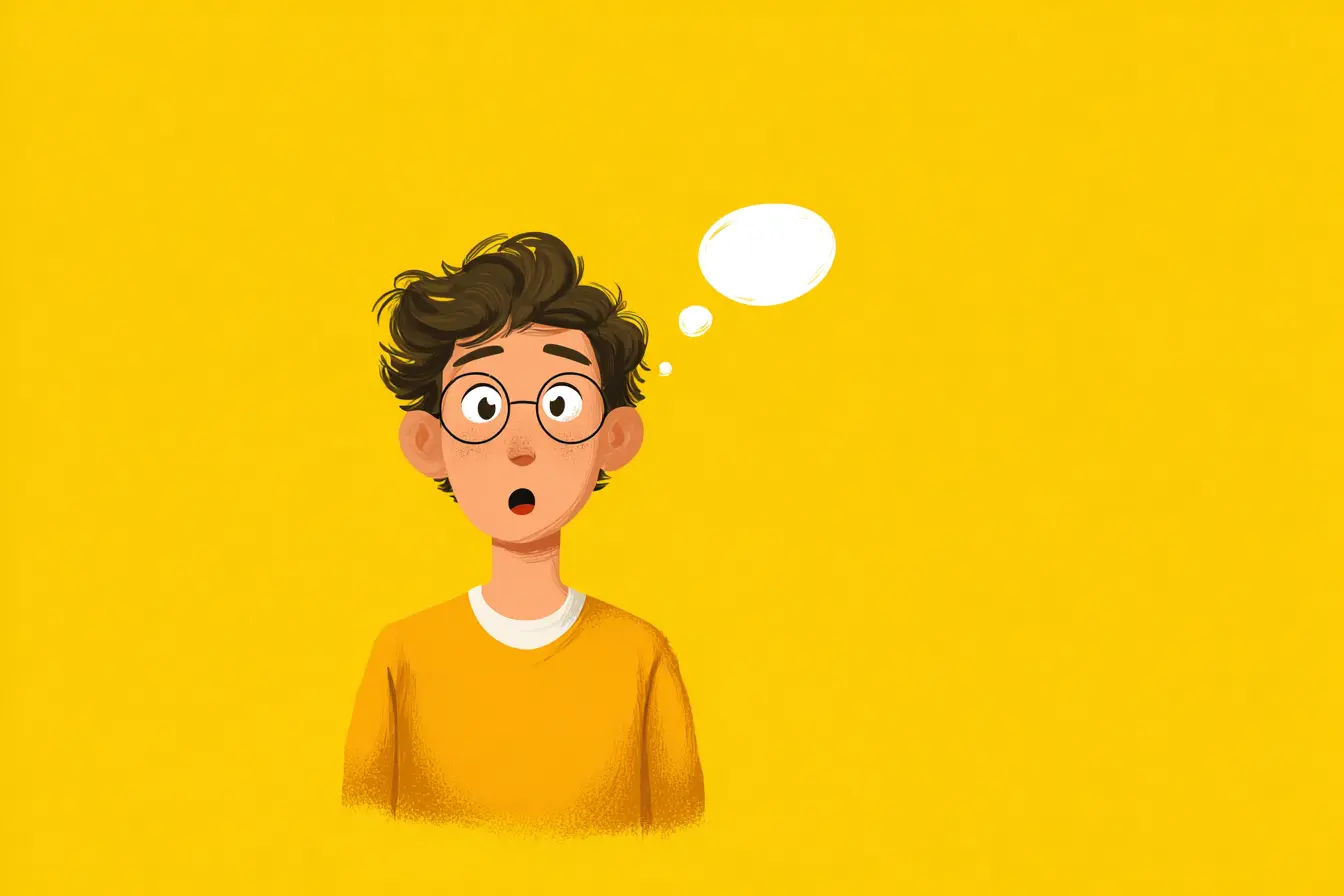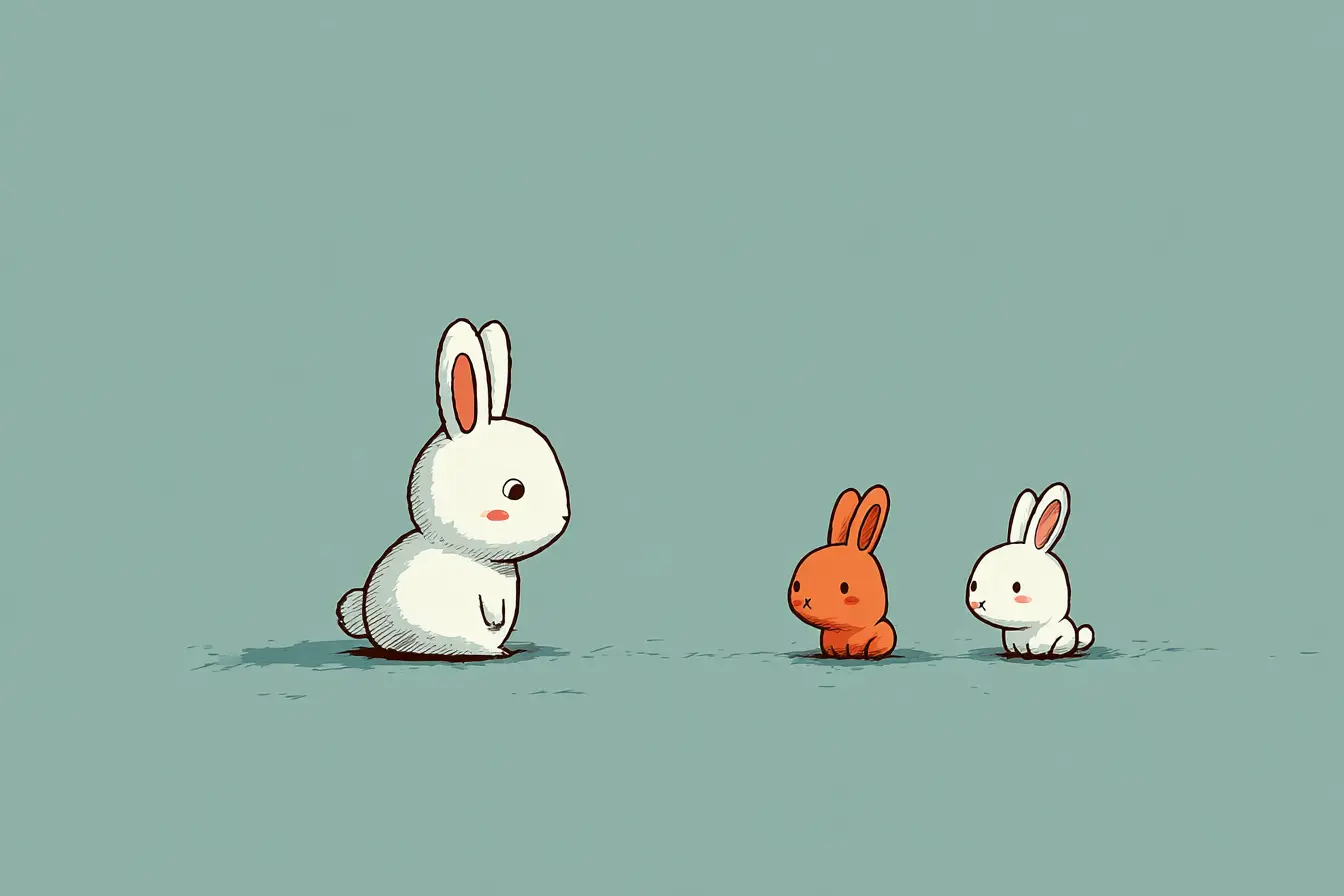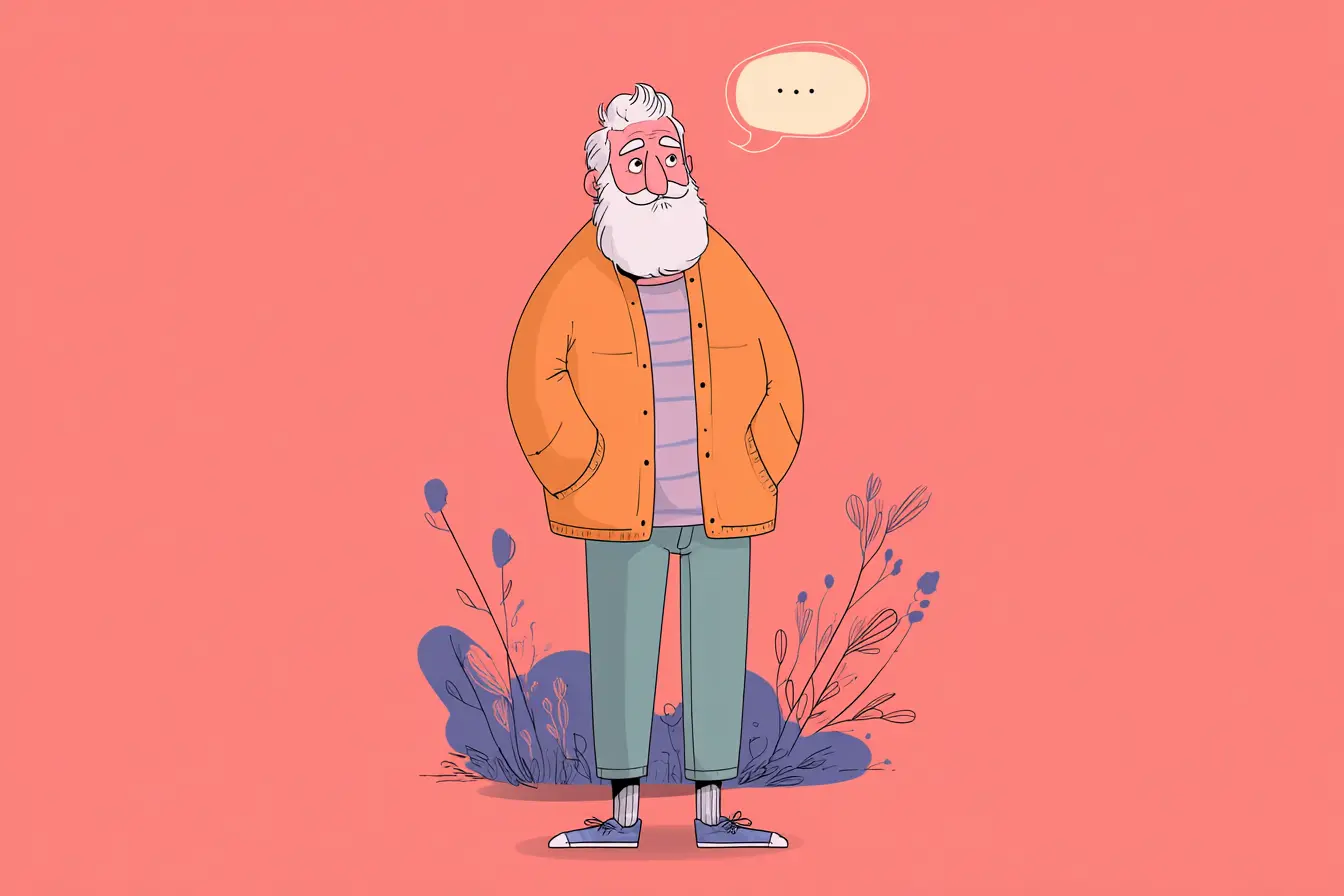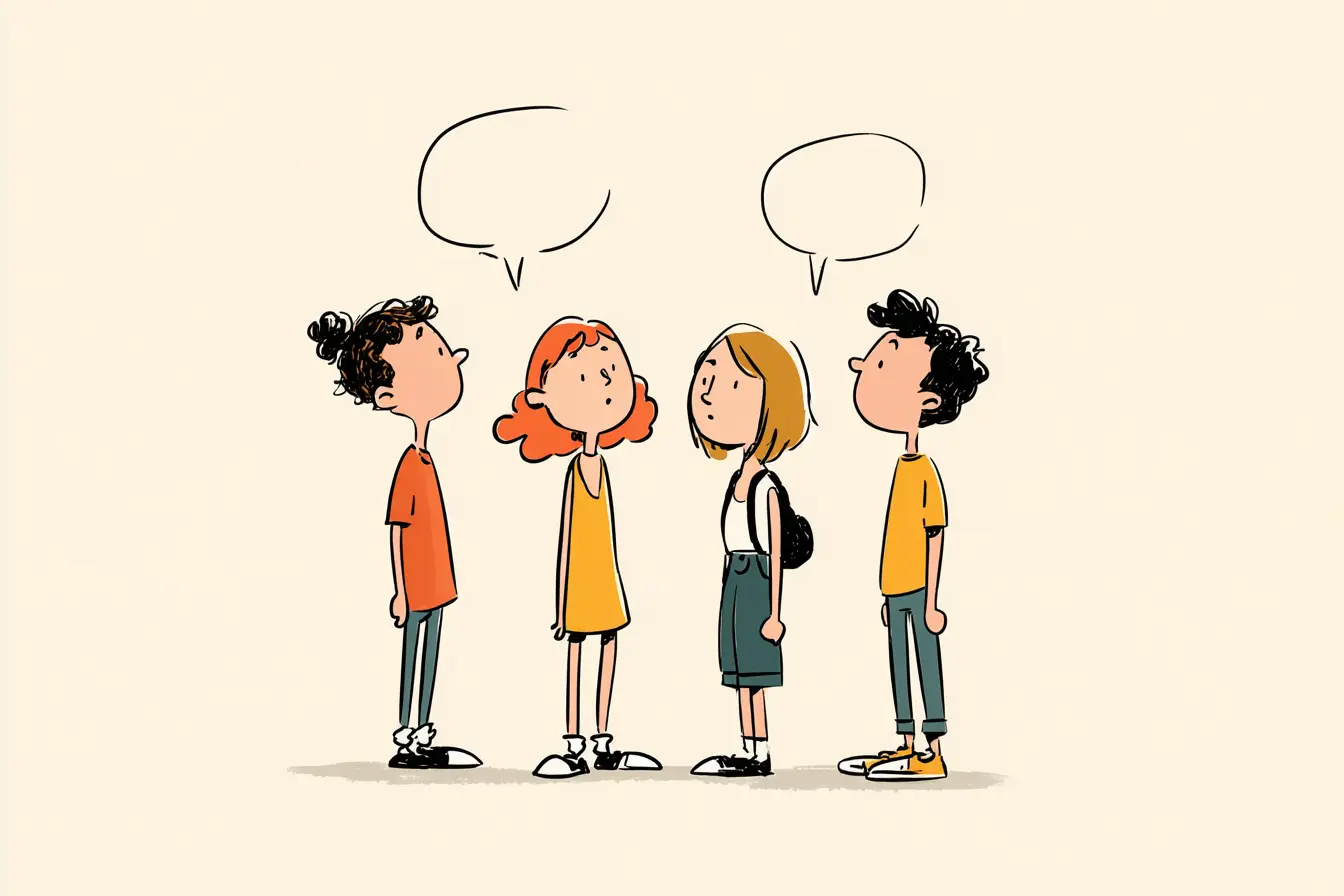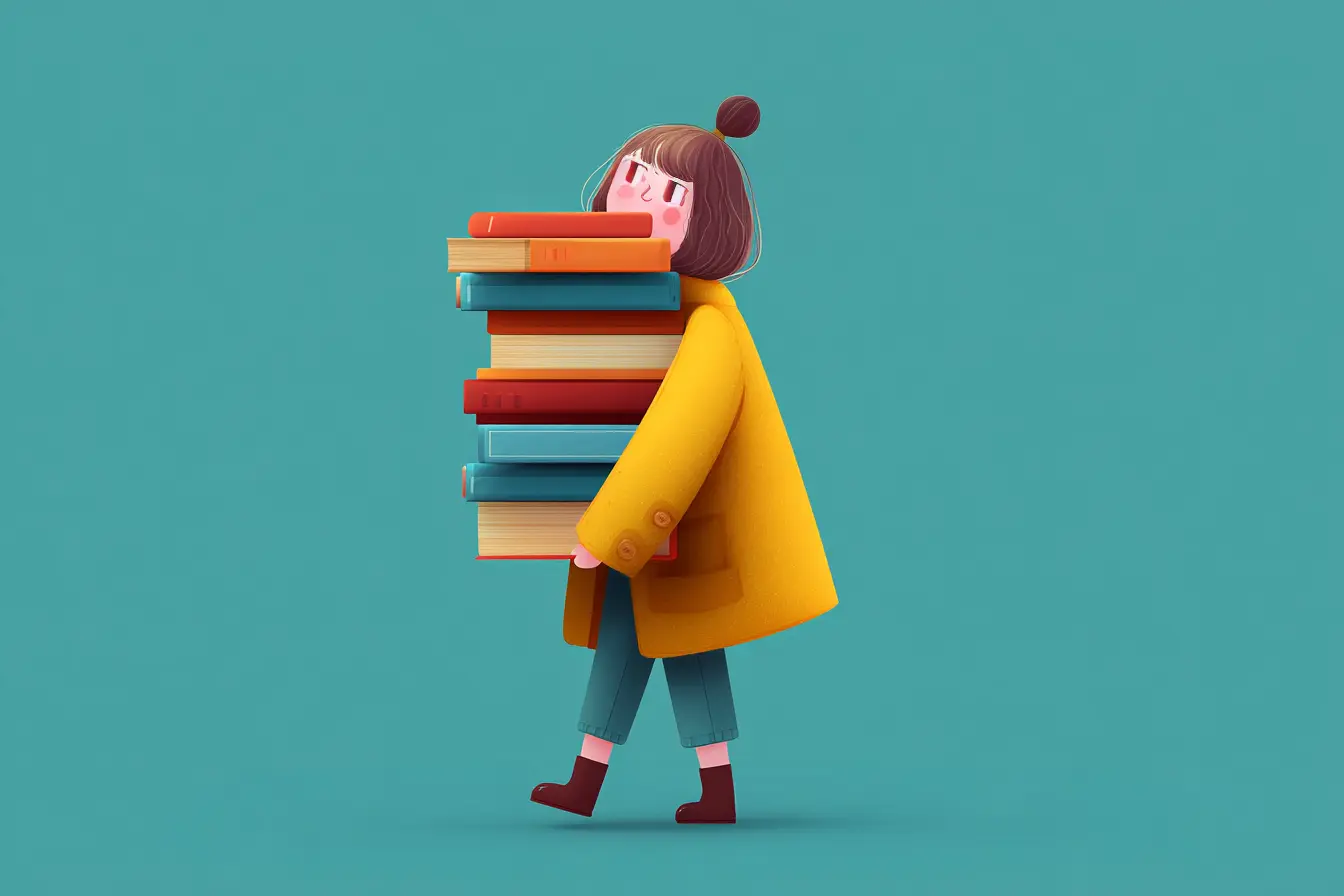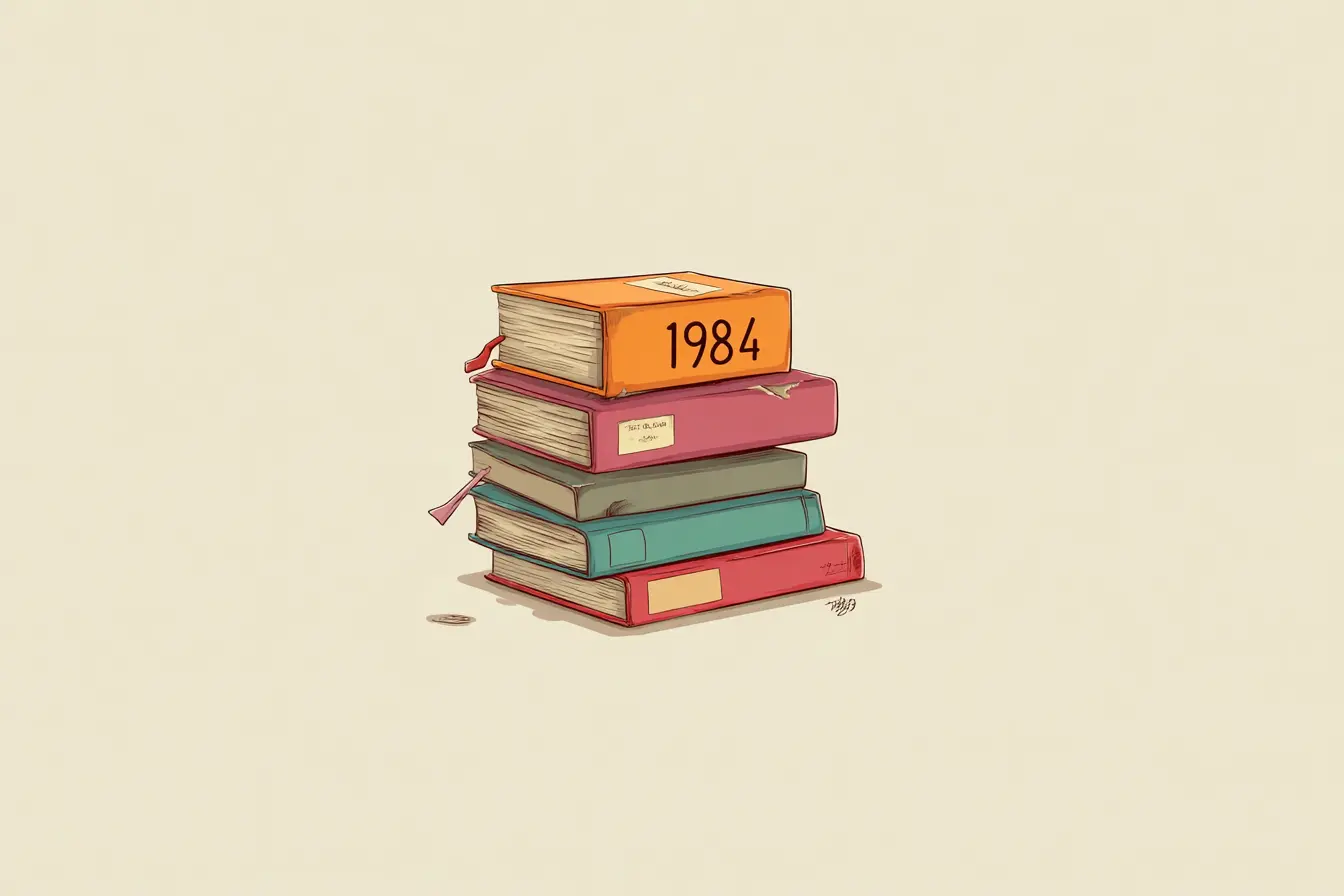The early 2000s were a vibe. Your ringtone was a Crazy Frog remix, your social life depended on who left you comments on MySpace, and your idea of texting speed was dictated by how fast you could T9 on a flip phone. But the real flavor of the decade was the language. 2000s slang was its own universe, loud, ridiculous, and iconic.
This article is your time capsule. Below, we’ll take a look at the most unforgettable expressions of the era. So, dust off your Sidekick and let’s bounce.
Internet-Speak Royalty: Slang Born from Dial-Up Days
Long before memes and TikTok trends, the internet was ruled by message boards, MSN, and away messages. It was clunky, chaotic, and it birthed some of the most memorable slang from the 2000s.
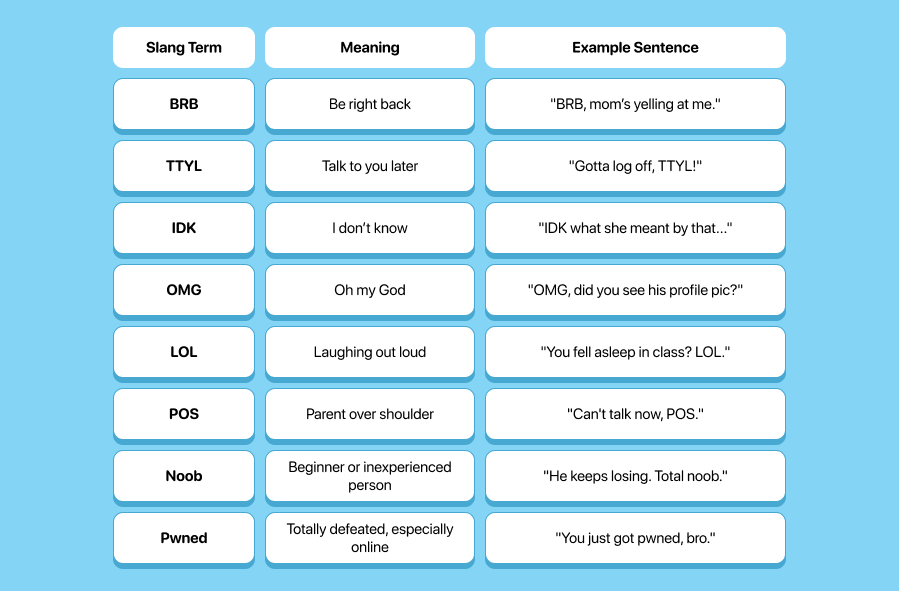
People used these abbreviations to show how they felt, not just to save time. You could live an entire online life with acronyms and attitude.
High School Hallway Talk: Drama, Sass & Casual Insults
If you were a teen in the 2000s, odds are you threw shade without even realizing it. This era's millennial slang included a full arsenal of sarcastic one-liners and low-effort burns, perfect for passing notes or slamming your locker.
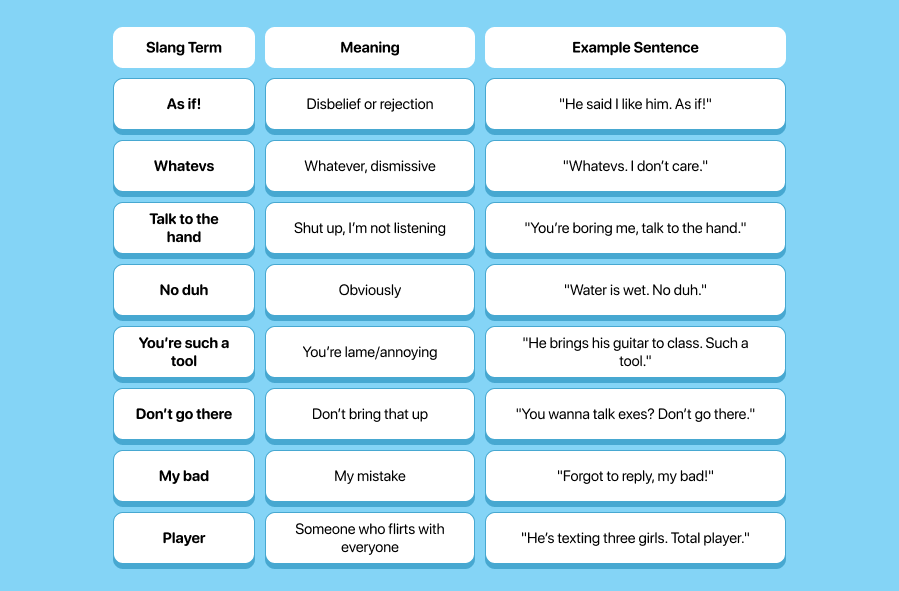
Knowing the right slang made it easier to fit in. If you mastered them, you were socially fluent.
Party Talk: Crunk, Bling, and Bouncing Out
Whether you were sneaking out to a house party or just jamming out to Usher in your room, the 2000–2010 slang for fun, music, and fashion had one mission: to sound effortlessly cool.
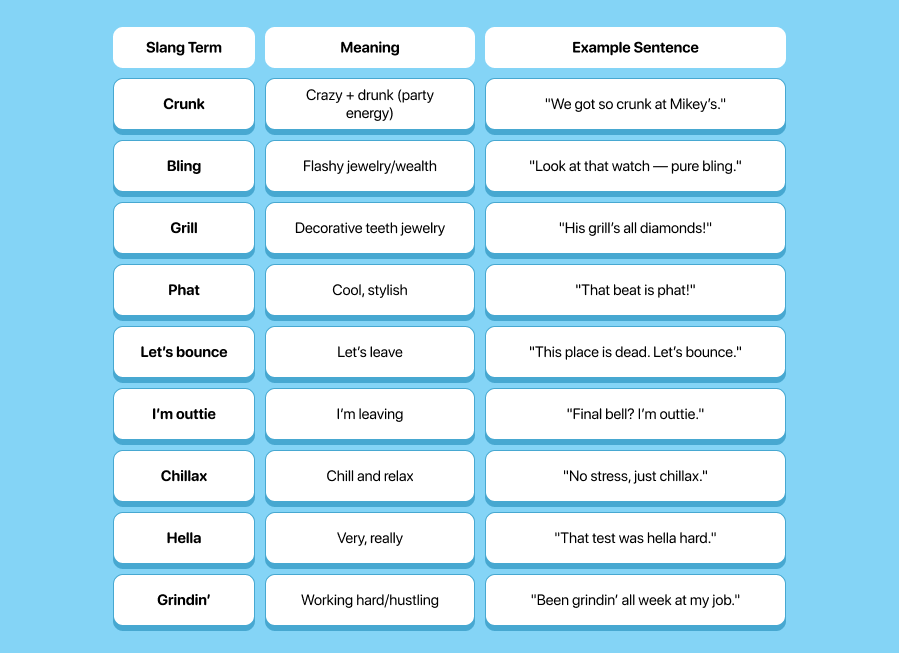
If you were heading to a party, you were getting crunk. Leaving meant bouncing out without a second thought. 2000s phrases didn’t describe life; they stylized it.
Fashionably Dumb: The Cool Words That Made No Sense
Some expressions just made us feel cool to say. These are the beautifully dumb, weird, or goofy slang words we loved anyway.
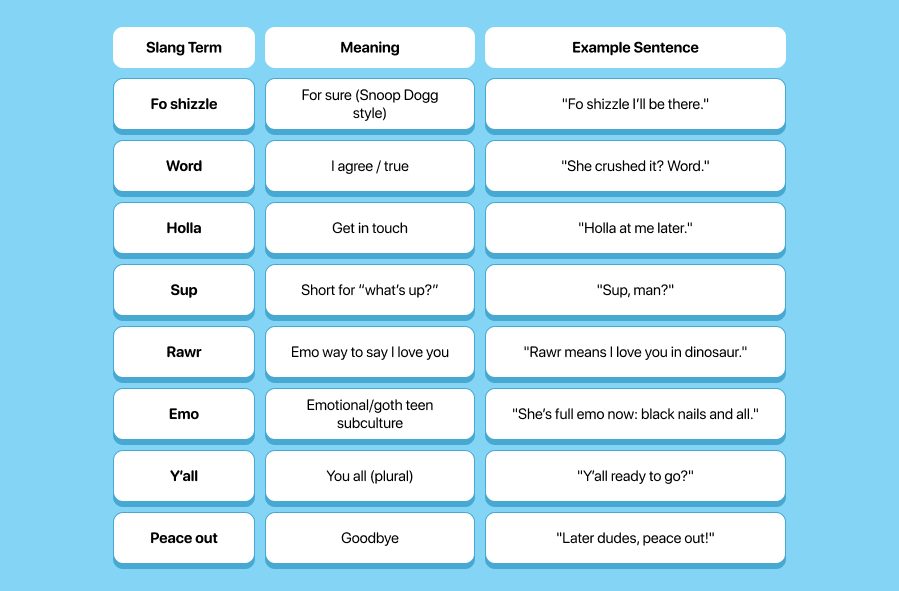
They weren’t always deep. But they had flavor, and that was enough.
Did It All Age Well? Not Exactly.
Some of this slang feels permanently stuck in 2003. Hearing someone say “Fo shizzle” at work might raise eyebrows now. But a few gems have survived. We still say “LOL,” “IDK,” and “my bad” like it’s nothing. And younger generations, oddly enough, are starting to revive words like “bling” and “emo”.
The best part of early 2000s slang is how specific it was to the time: the flip phones, the mixtapes, the chaotic mall culture. It was loud, messy, and full of energy, just like the people who used it.
FAQ
1. What makes 2000s slang different from today’s slang?
Slang from the 2000s reflects the pop culture, internet, and teen trends of the early digital age (think MySpace, flip phones, and teen comedies). It’s less influenced by TikTok or Gen Z culture, and more by MTV, AIM, and early memes.
2. Is 2000s slang useful for English learners?
Absolutely! It helps you understand older content, connect with Millennials, and recognize how informal English has changed over time. Plus, it’s fun and full of personality.
3. How can I tell if a slang word is still cool or outdated?
The best way is to check how people use it online, on platforms like Reddit or YouTube comments. If you only see it in memes or throwback videos, it's probably nostalgic. If younger people still say it unironically, it might be back in style!


